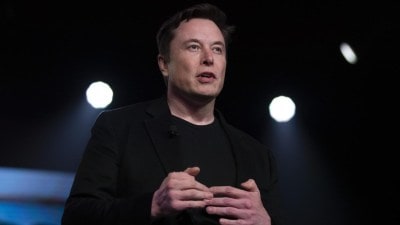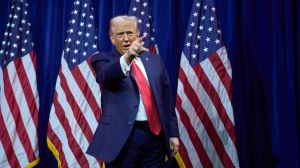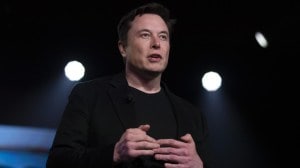Indo-Russian ties back in focus
The almost forgotten and defunct North-South corridor between India and Russia is all set to get a new lease of life with the latter putting construction of a new port at Olya on the fast track.

The almost forgotten and defunct North-South corridor between India and Russia is all set to get a new lease of life with the latter putting construction of a new port at Olya on the fast track. Economic ties between the two countries have been severely hampered due to the lack of a shorter trade route and the new high capacity port could offer the much needed fillip to bilateral trade.
The Russian premier Vladimir Putin8217;s scheduled visit to India during the Republic Day celebrations later this month, has brought the focus back on Indo-Russian trade ties which have been languishing 8211; it stood at around 2.76 billion in 2005-06. With an eye on strengthening ties, a revival of the corridor could be on top of the Russian premier8217;s agenda.
The corridor was conceptualised in September 2000 when India, Iran and Russia signed a new inter-governmental agreement on North-South corridor to facilitate faster and cheaper movement of goods from South Asia to Europe. This stretches from ports of India across the Arabian Sea to the southern Iranian port of Bandar Abbas, where goods then transit Iran and the Caspian Sea to ports in the Russian sector of the Caspian. From there, the corridor stretches along the Volga River to the port of Astra Khan before reaching Moscow and ultimately Europe.
The corridor could have had wider ramifications on Indo-Russian bilateral trade but logistic problems at Astra Khan hampered progress. 8220;The port of Astra Khan was never meant for large scale foreign trade. We are constructing a new port at Olya which will have bigger and better capacities for foreign goods,8221; said Russian Ambassador to India Vyacheslov I. Trubnikov. The current route for bulk of goods from India to Russia is a long winding one through Mediterranean and Suez Canal and the corridor is expected to reduce delivery time by 10-15 days and operational cost by 20-25 per cent.
The Putin visit could not have come at a better time. With India emerging as a big exporter of goods and services and looking to enhance its horizons, Russia offers big opportunities. A CII study on Indo-Russia trade ties indicated that from a position of strength in the early 1990s when India was the bigger partner in trade, the tables turned in 2003-04 when India became a net importer.
Trubnikov has an explanation for that: 8220;The last decade of the previous millennium was a period when Russia was looking at internal economic reforms after the disintegration of USSR facilitated free market economy. The economy was in a flux and ties suffered. But now that things have stabilised the level of confidence has increased and ties can only improve from here.8221;
- 01
- 02
- 03
- 04
- 05































